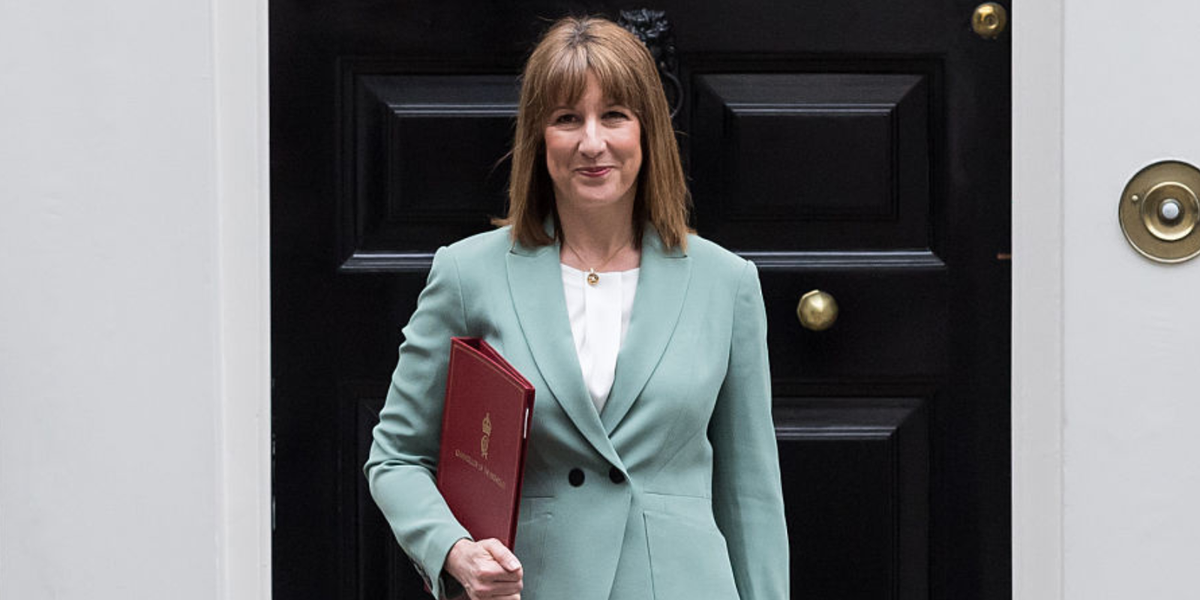



Rachel Reeves "will be forced to break Labour's manifesto pledge" and hike income tax in the Autumn budget to fill a new £50billion black hole in the public finances.
The Chancellor has been hit with a series of damning assessments by Britain's top economists - some of whom have warned she now faces an "impossible trilemma".
The National Institute of Economic and Social Research (NIESR) said Reeves had been left with an "impossible" choice between raising taxes or cutting spending due to higher-than-expected public sector borrowing and weaker economic growth.
In total, Reeves would need some £41.2billion of taxpayers' cash to cover the costs of weaker economic forecasts and tax reversals, according to current NIESR estimates.
Another £9.9billion would be needed to give her the same headroom as she had in March.
Other economists have now raised fears the under-fire Chancellor will be forced to "pull the lever" on increasing income tax, VAT or employee National Insurance to cover the shortfall.
If she heeds their warnings, Reeves would break Labour's core manifesto pledge not to raise taxes on working people.
NIESR also found that since Reeves's statement just months ago, the Government's fiscal situation has crumbled.

GETTY
|Reeves will be forced to break a Labour manifesto pledge, economists have warned
According to the Institute's latest economic outlook, total Government expenditure was now £14.3billion higher than it was in March.
Spending was increased by a further £15.2billion due to Labour's welfare climb-down and U-turn over depriving pensioners of winter fuel payments.
Lower tax revenue and higher welfare payments by 2028-29 have also been tipped to batter working Britons following four months of weaker output and employment growth than the Office for Budget Responsibility expected in March.
While City analysts have estimated a smaller fiscal shortfall than NIESR, their number still comes in at around £20-25billion.
Even at this rate, the Chancellor may still be forced to raise one of the main tax rates to plug the gap.
This may see income tax thresholds frozen for another year - which will in turn pull more people into the higher 40 per cent tax rate.

HOUSE OF COMMONS
|Spending was increased by a further £15.2billion due to Labour's failure to pass its welfare reforms and the U-turn over winter fuel payments
Stephen Millard of NIESR, called it an "impossible trilemma" for Reeves to choose between breaking her fiscal targets, hitting the Government's spending targets, and breaching an electoral promise not to raise taxes for working people.
"Can she fill the gap without breaking the manifesto commitment to raising taxes on working people?" he asked.
"I think the quick answer to that is no. Fiddling at the edges won't do the job."
Chief economist at Capital Economics Ruth Gregory said her expectation was for Reeves to miss her targets by up to £25billion.
But she added the figure could be larger if the OBR downgraded its growth forecasts for Britain's economy.

PA
|'Fiddling at the edges won't do the job,' NIESR'S Stephen Millard blasted
Gregory said: "If the budget deficit is larger than £20billion, Reeves will have to pull one of the big tax levers like VAT, income tax or employee national insurance to make up to the difference.
"Given that the Chancellor decided to increase the tax burden on businesses in the last budget by raising employer national insurance contributions, we would expect that this time the burden will fall on households."
Deutsche Bank, meanwhile, has admitted that "things are not looking good" for the under-fire Reeves.
The bank's UK economist Sanjay Raja said: "With growth at only 1.3 per cent and inflation above target, things are not looking good for the Chancellor, who will need to either raise taxes or reduce spending - or both - in the October budget if she is to meet her fiscal rules."
